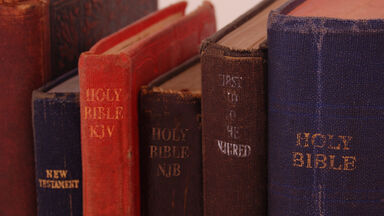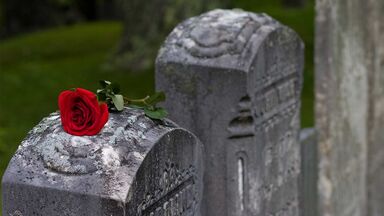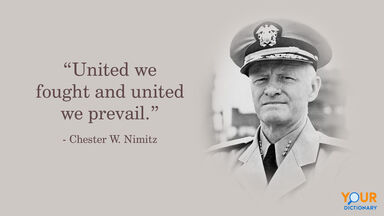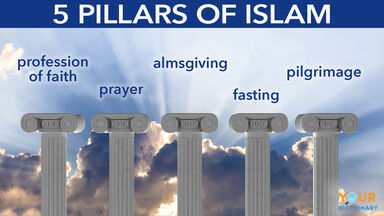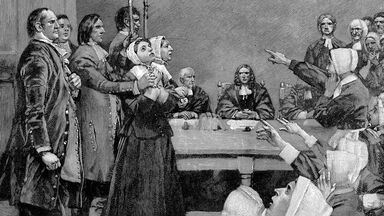Collier preferred the version of the Book of Common Prayer issued in 1549, and regretted that certain practices and petitions there enjoined were omitted in later editions.
Shields (1825-1904), who afterwards entered the Protestant Episcopal Church, republished and urged the adoption of the Book of Common Prayer as amended by the Westminster Divines in the royal commission of 1661; and Henry Van Dyke was prominent in the latter stage of the movement for a liturgy.
In the next session, November 1548-March 1549, he was a leading opponent of the first Act of Uniformity and Book of Common Prayer.
The enforcement of the first Book of Common Prayer had also been part of his official duties; and the fact that Bonner made no such protest against the burning of heretics as he had done in the former case shows that he found it the more congenial duty.
This was similar to the view now held by Cranmer and Ridley, but it is difficult to prove that Vermigli had any great influence in the modifications of the Book of Common Prayer made in 1552.
